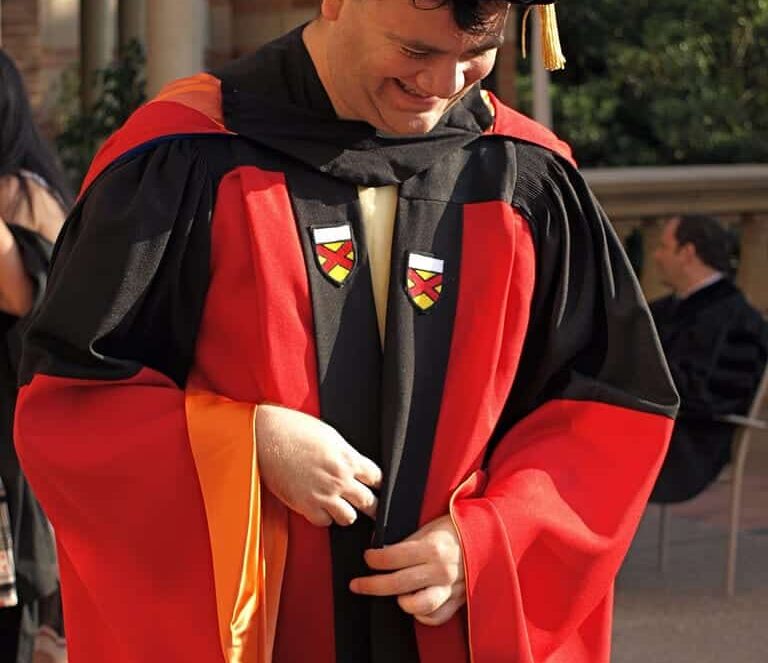&
The world is producing more PhDs than ever before. Is it time to stop?
Scientists who attain a PhD are rightly proud — they have gained entry to an academic elite. But it is not as elite as it once was. The number of science doctorates earned each year grew by nearly 40% between 1998 and 2008, to some 34,000, in countries that are members of the Organization for Economic Co-operation and Development (OECD). The growth shows no sign of slowing: most countries are building up their higher-education systems because they see educated workers as a key to economic growth (see ‘The rise of doctorates’). But in much of the world, science PhD graduates may never get a chance to take full advantage of their qualifications.
In some countries, including the United States and Japan, people who have trained at great length and expense to be researchers confront a dwindling number of academic jobs, and an industrial sector unable to take up the slack. Supply has outstripped demand and, although few PhD holders end up unemployed, it is not clear that spending years securing this high-level qualification is worth it for a job as, for example, a high-school teacher. In other countries, such as China and India, the economies are developing fast enough to use all the PhDs they can crank out, and more — but the quality of the graduates is not consistent. Only a few nations, including Germany, are successfully tackling the problem by redefining the PhD as training for high-level positions in careers outside academia. Here, Nature examines graduate-education systems in various states of health.


